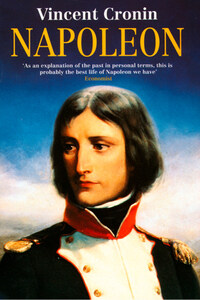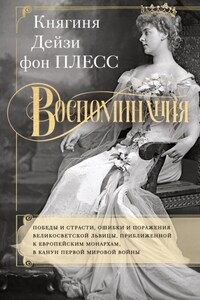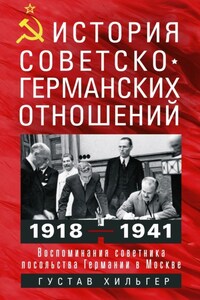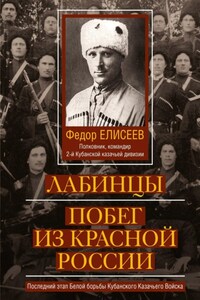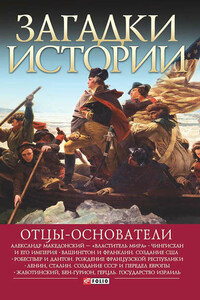WHEN Napoleon first set foot on the deck of an English warship, he watched the sailors heaving the anchor up and setting the sails, and he remarked how much quieter the ship was than a French ship. Six times quieter, he reckoned. The book that follows is quieter than most books about Napoleon in the sense that there is less gunfire. It is a biography of Napoleon, not a history of the Napoleonic period, and biography, I believe, should deal with events that throw light on character. Not all Napoleonâs battles do that, and Napoleon himself declared that on the battlefield he counted for no more than half: âIt is the army that wins the battle.â
But why a new biography at all? For two reasons. First, since 1951 new material has come to light of great importance, not in the sense that it adds fresh details here and there, but because it obliges us to take a fundamentally new look at Napoleon the man. This material is: the Notebooks of Alexandre des Mazis, Napoleonâs closest friend in his youth, Napoleonâs letters to Désirée Clary, the first woman in his life, the Memoirs of Louis Marchand, Napoleonâs valet, and General Bertrandâs Boswellian St Helena diary. None of this, save the last part of Bertrand, has been published in England. Also important is the long-missing central section of Napoleonâs autobiographical story, âClisson et Eugénieâ, into which a frustrated young officer of twenty-five poured his aspirations, and which is here published for the first time.
The second reason is more personal. There are in existence a large number of Lives of Napoleon and, though it will sound presumptuous, I was dissatisfied with their picture of Napoleon. I could not find a living, breathing man. Always to my mind there were glaring contradictions of character. To take one example from many, biographers repeat Napoleonâs phrase: âFriendship is only a word. I love no man.â But at the same time it was obvious from their own pages that Napoleon had many close friends, more I reckon than any ruler of France, and that he was as fond of them as they were of him. Many of the biographers were evidently embarrassed by this seeming contradiction, and they tried to explain it by saying that Napoleon was different from other men: âNapoleon was a monster of egoism,â or âNapoleon was a monster of insincerity.â
I for one do not believe in monsters. I wanted, as I say, to find a Napoleon I could picture as a living, breathing man. I knew of course that widely divergent opinions were only to be expected about Napoleonâs public life, but about the facts of his personal life there was no reason to expect divergency. So I began to look at the sources. I found that a surprising number of the sources generally used were, to say the least, of dubious value. Napoleonâs phrase, âFriendship is only a wordâ, occurs only in the Memoirs of Bourrienne, Napoleonâs former secretary. Now Bourrienne embezzled half a million francs from Napoleon, had to be posted abroad, where he embezzled a further 2 million, and finally had to be dismissed the service. After Napoleonâs fall he rallied to the Bourbons, but again had to be dismissed for dishonesty. In order to help pay his debts he decided to publish his Memoirs. Bourrienne did not write them, though; he only supplied notes for part of them, and these were then âghostedâ by a journalist favourable to the Bourbons. Shortly after publication Bourrienne had to be shut up in a lunatic asylum. Immediately after his Memoirs appeared a group of men in a position to know published a book of 720 pages entirely devoted to correcting Bourrienneâs errors of fact. That admittedly is an extreme example but there are eight other Memoirs which no jury in an English court of law would accept as fair evidence; yet these have been drawn on again and again by biographers.
As I continued my critical evaluation of sources â which appears as Appendix A â I was able to clear up many of the contradictions that had puzzled me. But in the process I found that I had to modify my previous opinion of Napoleon. Different qualities, different defects began to emerge, and it was then that I decided to try to write a new Life of Napoleon, one of the first to be based on a critical evaluation of sources, which would also combine the new material I have spoken about earlier. It would be more concerned with civil than with military matters, because Napoleon himself gave more time to civil matters. Even as a second lieutenant Napoleon cared more about social improvements at home than conquests abroad, and though circumstances caused him to fight during most of his reign, he always insisted that he was primarily a statesman. In describing Napoleonâs constructive work, and even his thwarted intentions, I have drawn wherever possible on the diaries or Memoirs of the men who knew him best: such as Desaix in Italy, Roerderer during the Consulate, Caulaincourt during the last years of Empire.
